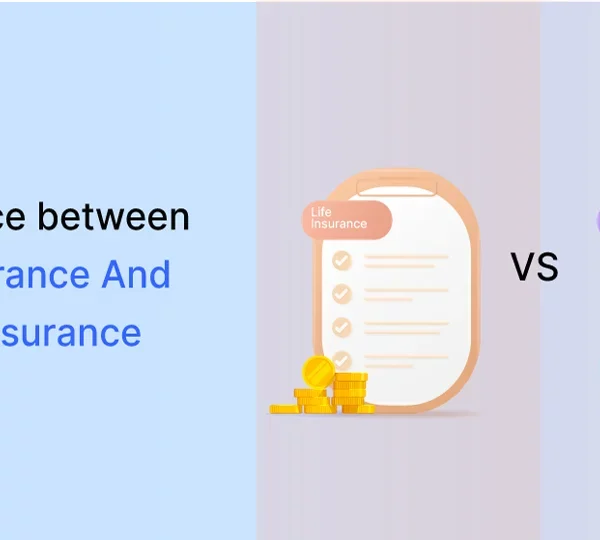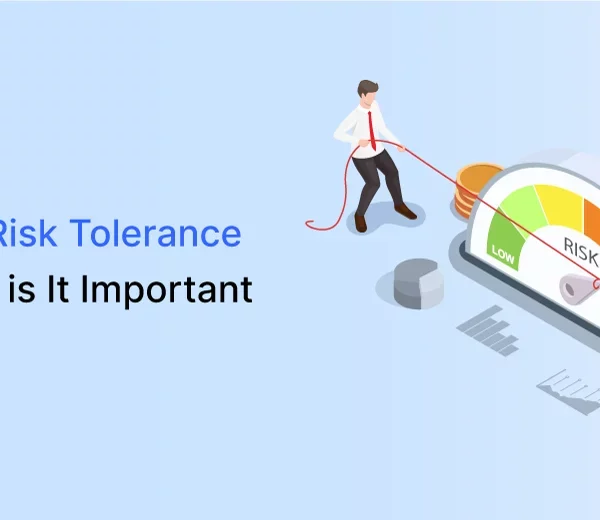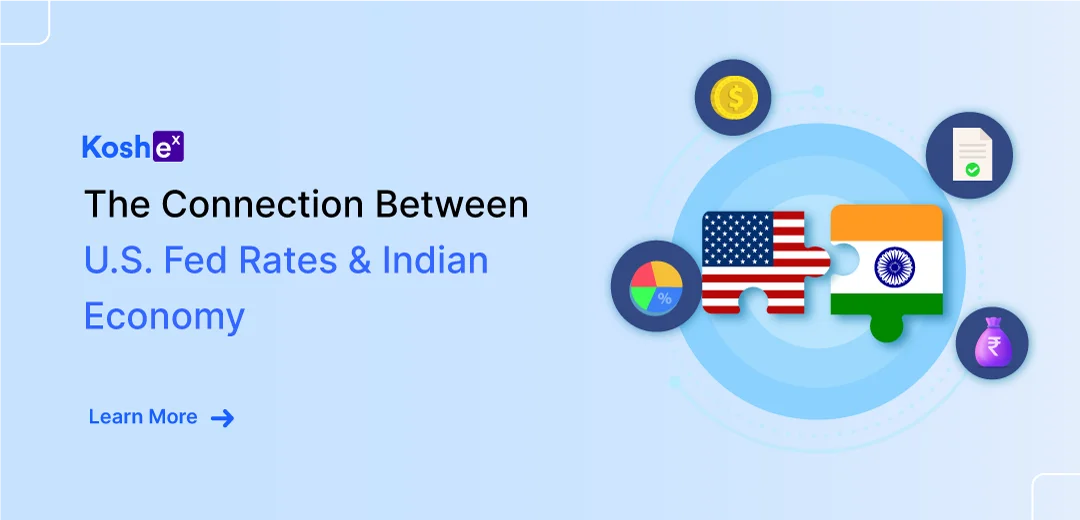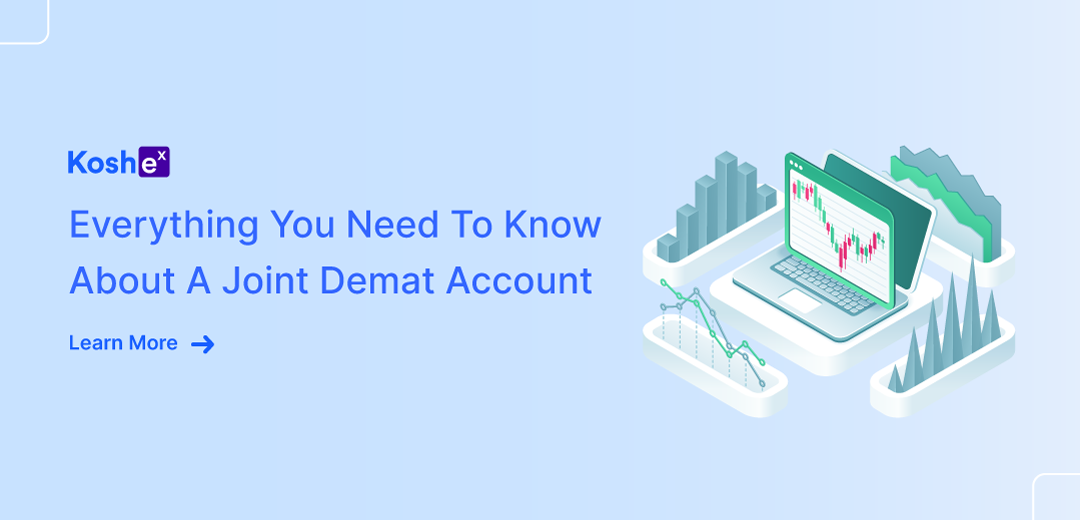Mutual funds are an ideal investment option for every investor because there is a type of mutual fund for every type of investment goal that you may have. Your goals might be different from your friends and your risk tolerance will be different as well.
You can choose a mutual fund that suits your investment goals, risk tolerance, and investment horizon. It is important to invest in a mutual fund that suits your financial needs, otherwise, you may end up losing money. So, take your time, analyze your investment options well, and find the right mutual fund for you.
In this article, we will discuss what mutual funds are and how can you find the one that suits your financial goals.
Firstly, What Are Mutual Funds?
Mutual funds collect money from several investors and all the money is then invested in a mutual fund scheme. They are managed by highly skilled professionals called fund managers.
For example, if you invest ₹10,000 in a mutual funds scheme, that money will be invested across the stocks of several companies, which belong to different industries. So, even if the value of one company’s share declines, the other company stocks will be performing well. Hence, the losses made by one stock will be adjusted by the profits made by the other stocks.
This is what mutual funds do. They take your money and invest across various companies’ stocks, debt instruments, commercial papers, and so on. This helps you to earn returns even during stock market crashes.
If you wish to learn more about mutual funds, the different types of mutual funds, and the terminologies around mutual funds, please read our detailed articles on the topics.
How To Choose The Right Mutual Fund For You?
There are a couple of factors you should consider when you are trying to decide on the right type of mutual fund for you.
Match Your Goals
The first step towards selecting and investing in a mutual fund scheme is to understand your investment goals. You should ask yourself why you are making the investment – Is it to fulfill a short-term or a long-term goal? How much risk you can take with this investment? If you have a low-risk tolerance, it is ideal for you to invest in a debt mutual fund. On the other hand, if you are an aggressive investor, you can consider choosing an equity mutual fund.
Analyze The Long-Term Returns
Most times, people choose a mutual fund based on the recent returns offered by the fund. However, this is not a good idea. A fund can gain higher returns because of risky bets or momentum plays that work in the short term but backfires eventually. Hence, it is important to see historical returns over the long run – five years, ten years, and so on. It is also crucial to see how much the fund has lost during a bad time, such as the 2008 financial crisis. If a fund has performed well during a crisis, it means it is a good fund.
Learn Your Risk Profile
If you know your risk tolerance, you can easily choose which mutual funds would suit you. You should make sure you are taking the right amount of risk. Generally, young people are asked to invest in risky instruments as they can stay invested for a long period of time and the losses would average over time. On the other hand, people nearing retirement are asked to invest in conservative instruments. So, choose the mutual fund that suits your risk tolerance.
Understand The Costs
Evaluate all the costs that you have to incur while investing in a mutual fund such as exit loads, which are charged when you exit the investment within a year from the date of purchase. Also, take a look at the annual recurring charges like the expense ratio as these costs can lower your returns. If you are choosing the funds yourself, you can go for direct plans, which don’t involve distributor commission.
Check The Portfolio Turnover
It is a good idea to track the fund’s portfolio turnover, i.e., the percentage of the portfolio that the fund manager changes through sales and purchases every year. A higher turnover results in higher costs (brokerage, taxes, etc.) at the mutual fund scheme level. These costs will ultimately be borne by the investors, hence decreasing the rate of return.
Read About Taxation
Before you choose a mutual fund, it is important to know how they are taxed. For example, short-term capital gains (held for less than one year) in equity funds are taxed at 15%, and long-term capital gains (held for over one year) are tax-exempt up to ₹1 lakh and taxed at 10% thereafter (in excess of ₹1 lakh of capital gains). Short-term capital gains (held for less than 3 years) in non-equity funds are taxed as per your income tax rate and long-term capital gains (held for more than 3 years) are taxed at 20% after indexation benefit is allowed.
Know The Fund Manager
A fund manager’s track record on different schemes managed by them in the same asset management company as well as in the previous company and across market phases can give insights into their level of expertise in managing fund portfolios.
Choose Between Lumpsum & SIP
You should decide whether you are investing in mutual funds through lumpsum or SIP before choosing the fund. When you invest through SIPs, you can benefit from rupee cost averaging and the power of compounding. If you have a lumpsum amount with you, you can invest in lumpsum as per your optimal asset allocation.
In The End…
Finding the right mutual fund scheme to invest in is important so that you can grow your wealth and achieve your goals. Instead of just focusing on the current returns, it is crucial to look at the fund’s past performance and also see whether it matches your goals and risk tolerance. Make sure that you don’t only rely on the advertisements about returns made by companies and do research about the kind of securities that mutual fund has invested in.
Before you choose a mutual fund, make sure you read all the information and documents carefully so that you know what you are getting into. We hope you are able to pick the right mutual fund for yourself using the above information.
If you are interested in learning about other personal finance topics, such as budgeting, money management, and more, or if you wish to learn about investment instruments, such as Mutual Funds, Fixed Deposits, Digital Gold, and Smart Deposits, head over to our Blogs section. We have all the resources you need to improve your financial skills and take informed investment decisions.
Want to start investing? Create a free Koshex account with us in less than 30 seconds and kickstart your investment journey with us today. We help everyone track their net worth, build better savings habits, and invest in personalized recommendations. Witness the power of early investing with Koshex.
We are truly built for every Indian Super Saver – Join our growing community today.









Leave a Comment